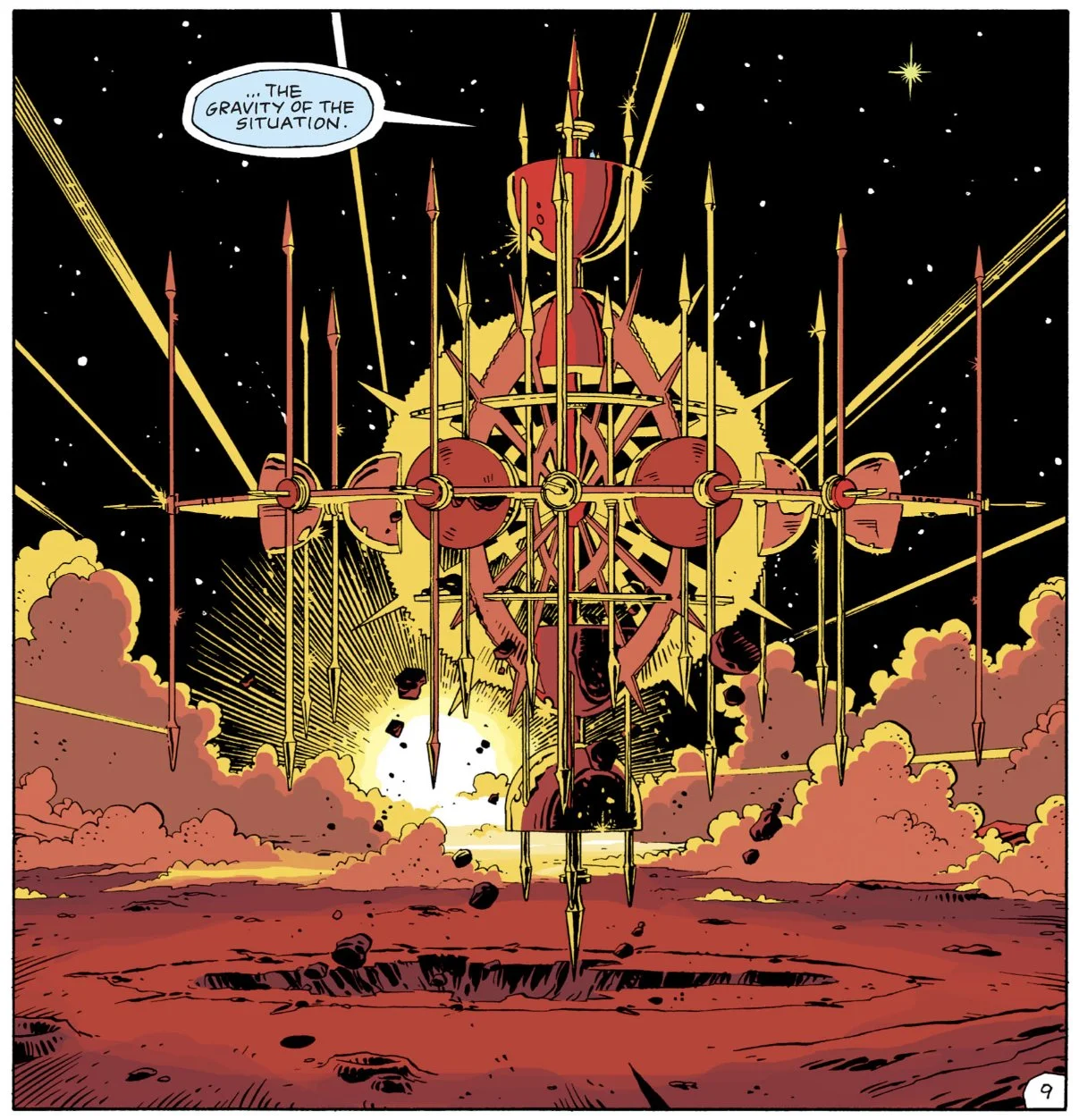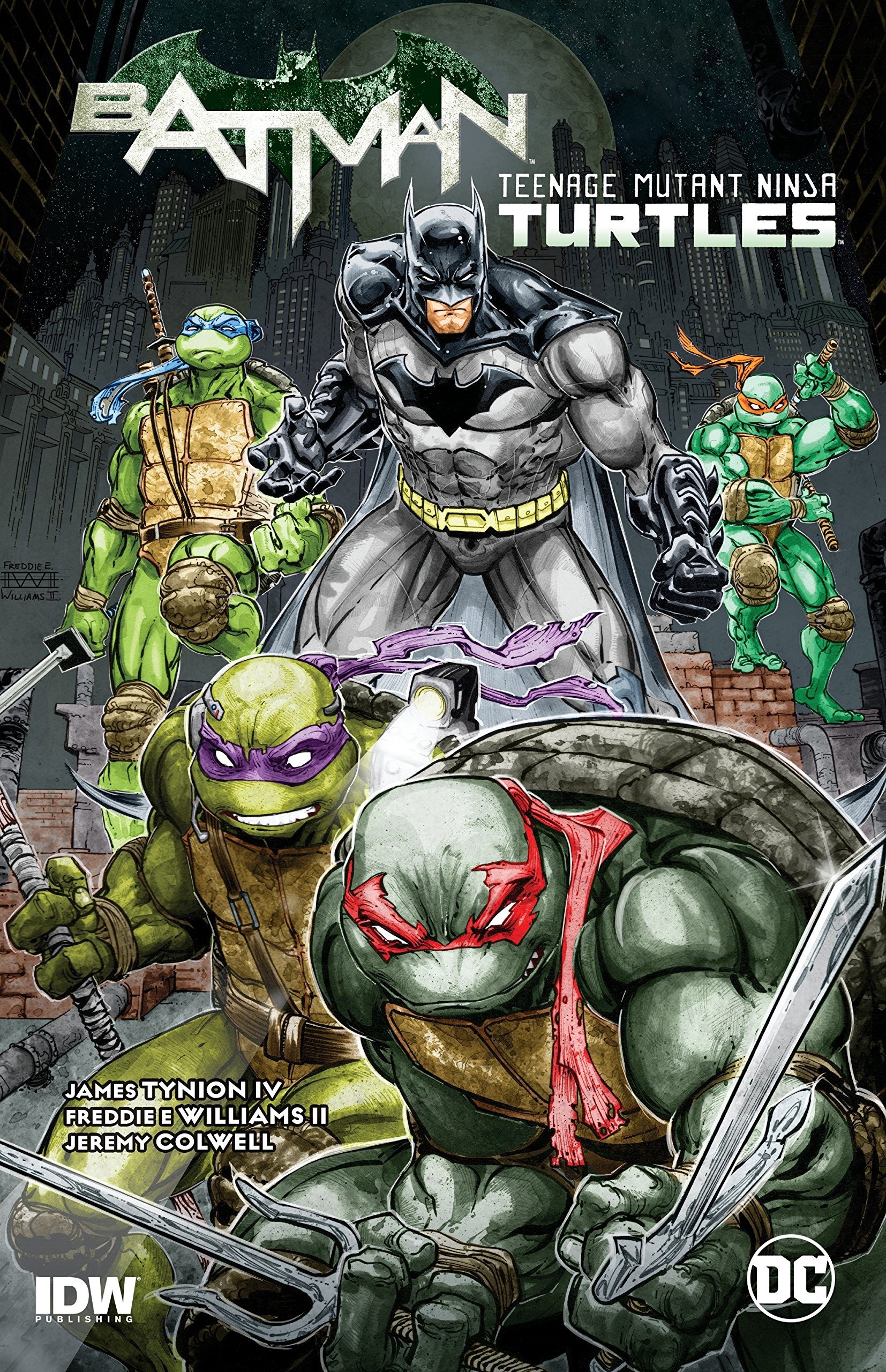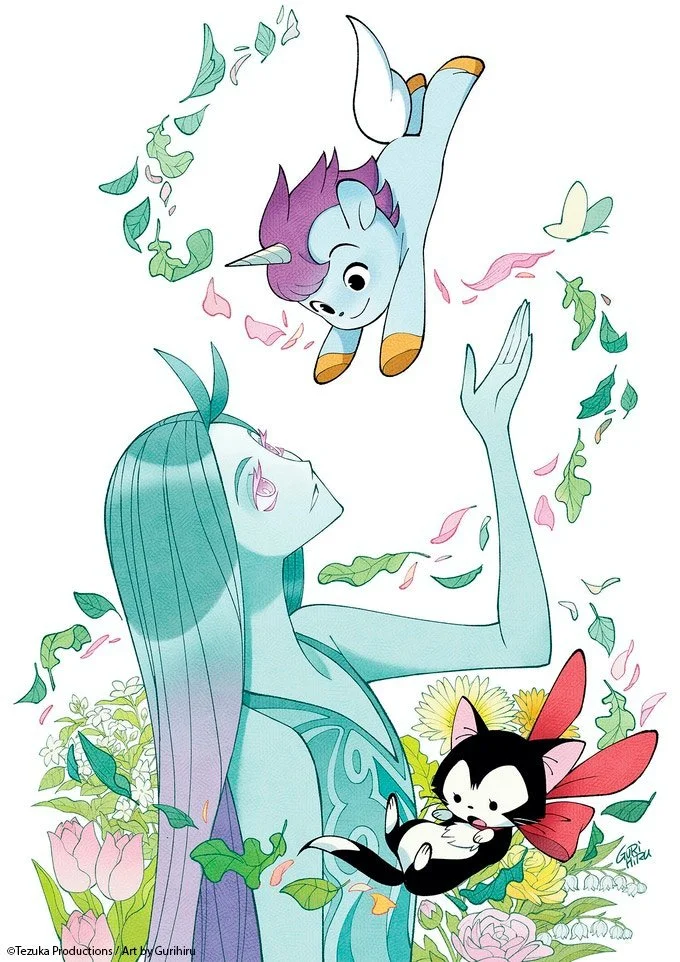Do Ya Really Wanna: The Thematic Use of Glam Metal in Peacemaker
By Taylor Pechter — The 1980s was a decade of decadence, and nothing exemplified the time more than one of its most popular genres of music, glam metal, also known as hair metal or sleaze metal. Defined by big hair, catchy guitar hooks, high shrieking vocals, and anthemic choruses, bands like Ratt, Mötley Crüe, Cinderella, and Poison ruled the airwaves from around 1983 to 1991. What a perfect subgenre for a decadent superhero show such as Peacemaker.
Breaking out of the hit film The Suicide Squad, John Cena's Peacemaker was reckless, violent, and quick-witted. Like his other projects, writer/director James Gunn crafted Peacemaker's subsequent televsion soundtrack to fit certain thematic moments and character development, to rock and also to really set a meaningful tone. I will be breaking down some of the songs used in the recently-concluded first season, their thematic context in the series, notable exclusions, and some hopes for Peacemaker season 2.
Peacemaker’s Theme Song: Wig Wam - Do You Wanna Taste It?
What better place to start than the song that plays behind the iconic intro? Wig Wam was formed in Norway in 2001 and gained popularity through its inclusion in the 2005 Eurovision song contest, where the band performed the song "In My Dreams," which is used later in the series. During multiple interviews, Gunn has said the intro itself has a double meaning, not only in the physical sense — as it is a silly dance performed with every ounce of seriousness — but also in a thematic sense. As the series goes on and gets more self-reflective, it becomes darker and sadder — a perfect song to kick off the show and its use of glam metal as thematic glue.
FireHouse - Don't Treat Me Bad
Formed in Charlotte, North Carolina, in 1987, FireHouse broke late into the scene with its 1990 self-titled debut album, highlighted by the anthemic single "Don't Treat Me Bad." This song is used in episode 2 as background to Peacemaker sulking in his room remembering his killing of Rick Flagg in The Suicide Squad. This showing of remorse starts him on the path of second-guessing his actions, shown later in episode 3, where he refuses to kill the Goff family, even though it is against his personal "vow" of peace at any cost. As the song starts, "I'd never thought you'd hurt me / I guess you didn't learn/ When playing with fire you're bound to get burned," it juxtaposes perfectly with Chris wallowing in his own self-pity as he remembers Flagg's last words, "Peacemaker, what a joke?".
Faster Pussycat - House of Pain
Used as the coda to episode 4, this melancholic ballad from Faster Pussycat's 1989 sophomore album Wake Me When It's Over underscores a crucial moment in the series. As the episode ends, Peacemaker brings back his repressed memories of his brother. At the same time, we see Adrian being picked up by Harcourt, as he has to reconcile his mistakes and their effect on the mission.
11th Street Kids - Hanoi Rocks
This is the song that brings the crew together. Finnish glam punk band Hanoi Rocks was formed in Helsinki in 1979 and became one of the most influential bands of the burgeoning American heavy metal scene. So not only does it connect Chris more with Economos, but it also starts to break Harcourt's hard shell. Unfortunately, a tragedy struck the band in 1984, taking their drummer Razzle. Singer Michael Monroe would go on to have a successful solo career.
Monster - Reckless Love
Nothing is better than a great villain song, and "Monster" by modern Finnish glam metal band Reckless Love fits the bill perfectly. Now in possession of detective Sophie Song, Goff gathers her forces for the butterfly invasion. The threat hits its zenith as Goff enters the police station with her army in tow. How will the team combat it? It might take a monster to kill a monster.
Mötley Crüe - Home Sweet Home
It is the most well-known song used in the show. Taken from the band's third album, Theatre of Pain, "Home Sweet Home" is a critical song for Peacemaker as a character as well as for the genre as a whole. For Peacemaker, it was the song he and his brother Keith connected with before Keith's death. This connection gives it the most sentimental value of any music used in the show. First used at the end of episode six, we see Peacemaker play a somber piano version; it gives a sense of longing and regret.
Notable exclusions / Soundtrack Hopes for Peacemaker Season 2
While this first season of Peacemaker had a fantastic mix of classic deep cuts and tracks from the newer bands, I felt some notable bands were excluded that would have made it that much better. Therefore, this section will name a handful of older and more recent bands that I would like to see used in Peacemaker season 2.
Cinderella
I was surprised not to see this band included, especially since Peacemaker is a massive fan. Formed in Philadelphia in 1983, Cinderella put out four studio albums between 1986 and 1994 before breaking up. Their breakout came with their 1988 sophomore album Long Cold Winter, which included the hit ballad "Don't Know What You Got (Till It's Gone)," which reached #12 on the Billboard charts. Peacemaker is seen carrying around a copy of their 1986 debut album, Night Songs, which Amber pointed out in episode 2.
Recommended Songs:
"Bad Seamstress Blues/Fallin' Apart at the Seams" from Long Cold Winter
"Somebody Save Me" from Night Songs
"All Comes Down' from Still Climbing
L.A. Guns
They are one of the father bands of Guns N' Roses. Formed in Los Angeles in 1983 by guitarist Tracii Guns, the band would later become half of the original line-up of Guns N' Roses in 1985. However, Tracii had a falling out with Axl and decided to reform the band. This new band included singer Phil Lewis, rhythm guitarist Mick Cripps, bassist Kelly Nickels (coming from Faster Pussycat), and drummer Steve Riley (from WASP). This classic line-up would release four albums together between 1988 and 1994. Their success came primarily from their 1989 album Cocked & Loaded, which mega-producer Tom Werman produced and included the hit "The Ballad of Jayne." After 1994 the band broke into two versions, one led by Guns and one by Lewis. However, Guns and Lewis would reunite in 2017, leaving Riley and Nickels to continue under the name "Riley's L.A. Guns." A poster of the band's logo hangs in Peacemaker's trailer.
Recommended songs:
"No Mercy" from L.A. Guns
"Rip and Tear" from Cocked & Loaded
"Slap In The Face" from Cocked & Loaded
Tora Tora:
While not a traditional "hair metal" band in either image or sound, Memphis' Tora Tora added a nice Zeppelin-like edge in a year seen as the overexposure point of the genre, 1989. Combining crunchy, bluesy riffs with the unique vocals of Anthony Cordor and the usual singalong chouses, Tora Tora gained a cult following. Their 1989 debut Surprise Attack and 1992 follow-up Wild America are great albums but sadly got overshadowed by more significant releases. The band would break up in 1994 but reformed in 2008.
Recommended songs
"Guilty" from Surprise Attack
"Walkin' Shoes" from Surprise Attack
"Dead Man's Hand" from Wild America
Crashdïet
When it comes to the modern European sleaze metal revival scene, no band is arguably more influential than Sweden's Crashdïet. Formed in Stockholm in 2000 by guitarist Martin Sweet, they are the band, along with contemporaries like Hardcore Superstar, that helped bring back the sound of the 80s. Unfortunately, the band has gone through many trials and tribulations through its two decades of existence. They lost their original lead singer Dave Leperd to suicide soon after their first album. Since then, they have gone through three other singers; their most successful period came with their third singer Simon Cruz and the 2010 album Generation Wild. Their most recent album, Rust, released in 2019, was the first to feature current vocalist Gabriel Keyes.
Recommended songs:
"Riot In Everyone" from Rest In Sleaze
"In The Raw" from The Unattractive Revolution
"Generation Wild" from Generation Wild
"Bound to Fall" from Generation Wild
NiteRain
Forming in Oslo, Norway, in 2006, NiteRain struck while the iron was hot. With the growing sleaze metal scene in Sweden, they brought their spin to it, mainly influenced by the likes of Mötley Crüe. As a result, their sound is fast, raw, and oozing with sleaze. They only have two albums to their name: 2013's Crossfire and 2016's Vendetta, but both are musts, especially if you are a fan of early Crüe.
Recommended song:
"The Threat" from Vendetta
"Come Out" from Vendetta
"Dirty" from Crossfire
"Make My Day" from Crossfire
Midnite City
Last but not least, we come to the youngest band on this list. Midnite City was formed in England in 2017, put together by Tigertailz vocalist Rob Wylde; Midnite City is less sleazy and airs more poppy. Influenced chiefly by the more melodic bands like Danger Danger, Warrant, and Trixter, Midnite City is very keyboard-driven. Also, it has a nice backbone with melodic guitar licks and solos. They have released three albums, the most recent being 2021's Itch You Can't Scratch.
Recommended songs:
"Can't Wait for the Nights" from Midnite City
"Gave Up Giving Up" from There Goes The Neighbourhood
"Crawlin' in the Dirt" from Itch You Can't Scratch
"Fall to Pieces" from Itch You Can't Scratch
James Gunn crafted one of his best soundtracks with Peacemaker. With a mix of classic and newer bands, I was happy to see my favorite genre of music get some attention in mainstream media. I was rocking out with Peacemaker and the crew for the entire series duration. Not only was it used for significant thematic effect, but Gunn also uses diegetic and non-diegetic music to encapsulate the scenes perfectly. Just remember, if life is getting you down, there is never a wrong time to rock.
Taylor Pechter is a passionate comic book fan and nerd. Find him on Twitter @Inspecter797.













